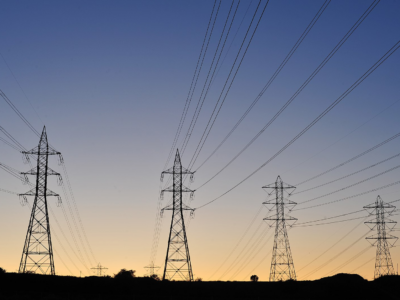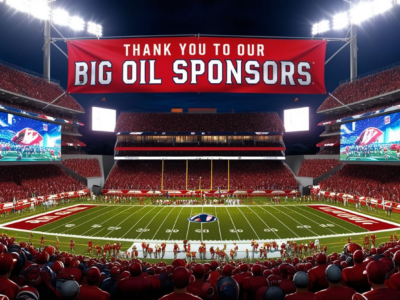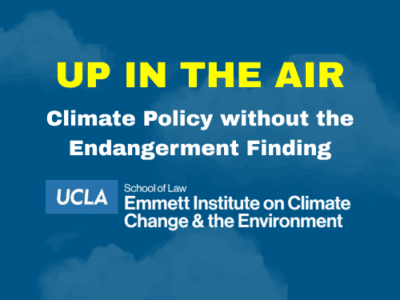When Agencies Want to Get Sued
The Friday afternoon before Labor Day announcement by the White House that it would not lower the ozone standards under the Clean Air Act has received (rightly) a whole lot of criticism. There’s been a fair amount of speculation among environmental law observers about the legality of the decision (including Dan). What’s interesting is that a subtext of this discussion is that, if the decision was contrary to the Clean Air Act, that should be a reason to criticize the Administration. Yet, from the Administration’s perspective, if the decision is, in fact, contrary to the Clean Air Act and is overturned by the courts, that could be a feature, not a bug. In that situation, the right outcome is achieved (both from a legal and policy perspective) but the Administration doesn’t have to take any political heat for it. They can always say: “The courts forced us to do it!” That might prompt some Congressional efforts to rewrite the Clean Air Act, but that would be politically challenging as well (who wants to be seen as voting for dirty air!). It’s a win-win for the Administration. Of course, this might result in delaying further the implementation of stricter ozone standards, since they have to wait for litigation to force them into place. It’s unclear exactly how much more delay we’d have compared to the hypothetical world in which the Administration pushes through the ozone revisions and gets sued by industry.
To be clear, I’m just speculating on the Adminsitration’s motives here. I have no evidence that they are truly thinking about things this way. But it’s plausible to me that they are thinking this way, in part because this dynamic is not an unusual one. I’ve heard anecdotal accounts of officials in other environmental agencies (besides EPA, such as the Forest Service and Fish and Wildlife Service) more or less asking environmental groups to challenge an agency decision that was politically unpopular, but legally required and (from at least the agency’s perspective and the environmental groups’ perspectives) good policy. Again, you get the better outcome, but the agency can avoid the political heat.
Whether this dynamic is normatively desirable is an entirely different question. On the one hand, you can argue this dilutes political accountability as agencies avoid difficult political choices and kick the problem to the courts. On the other hand, if you believe that the political process systematically reaches socially sub-optimal results in environmental policy (perhaps because of problems such as myopia, status quo bias, and the disproportionate influence of industry) then you might see this as an important element of making sure effective environmental policy is actually implemented despite short-term, short-sighted political pressures.
Reader Comments
One Reply to “When Agencies Want to Get Sued”
Comments are closed.







Over the years, the EPA and other federal agencies have solicited, encouraged and cooperated with certain environmental groups who file lawsuits against the government for the purpose of formulating adverse policies by court decisions that could not otherwise be promulgated through the rulemaking process. This is an unauthorized and corrupt practice that is done in secret and betrays public trust. Hopefully, a new administration will curtail this disgusting practice and stop EPA’s abuse of its regulatory authority.